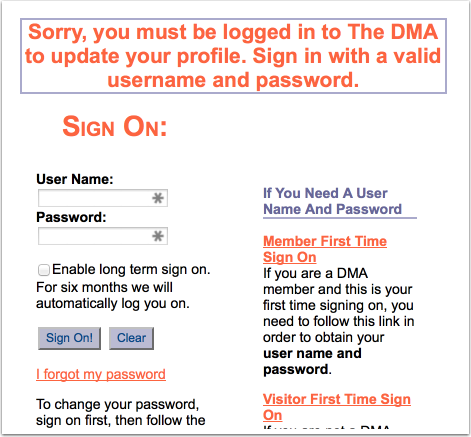The truth matters.
 Call within the next 10 minutes…
Call within the next 10 minutes…
Consumers with last names starting with O – Z can call tomorrow…
Only 5 seats left at this price!
All of these are common marketing techniques designed to prompt consumers to buy. It’s not a new idea, create a sense of urgency and people are more likely to buy.
I think some marketers are so used to making outrageous claims to support their marketing goals, that it doesn’t occur to them that the truth matters to some people.
There’s almost no better way to get me to send in a spam complaint than to send me an email with a claim about how I opted in.
Example:
You are receiving this e-mail because your e-mail address was registered at Money Net LLC to receive relevant 3rd party communications. If you would like to unsubscribe from receiving 3rd party email communications from this marketer please click the unsubscribe link below.
— Sent from a company that doesn’t do business in the US.
Another example:
I am not spamming. I have studied your website, prepared an audit report and believe I can help with your business promotion. If you still want us to not contact you, you can ignore this email or ask to remove and I will not contact again.
— Sent with a series of followups over a month period.
And another example:
You are receiving this email from Spamming Marketing Company because you have previously shared your email address with us…
— Sent to an email address harvested off LinkedIn.
I’m not even sure the above are good marketing. But they’re certainly untrue. No, I didn’t subscribe to Money Net LLC and as I am not a UK resident, I’m not eligible for your sale. No, you didn’t leave me alone and stop contact. No, I didn’t share my email address with you.
In the email space, typical marketing prose doesn’t always work. People view their email inboxes as a much more personal space than television or even their postal mailbox. Sending emails that contain blatant falsehoods is equivalent to going into their house and lying to their face. It’s bad practice, and it’s bad customer relationships.
In email, everything is about the relationship. Lies don’t make for good relationships.
